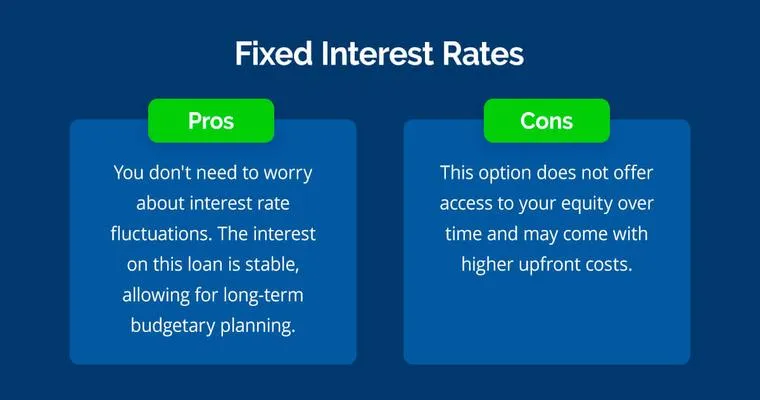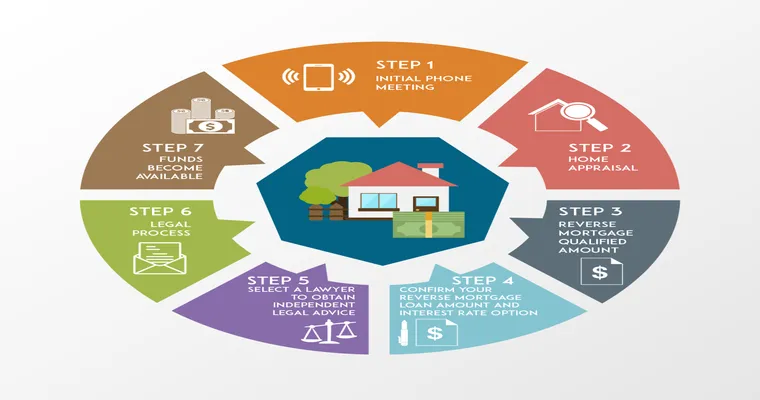As seniors seek ways to supplement their retirement income, "reverse mortgages" have emerged as a popular financial tool. However, understanding the "pros and cons of reverse mortgages" is essential before making a decision. This article will delve into the benefits and drawbacks of reverse mortgages for seniors, providing a comprehensive overview of this financial option.
What is a Reverse Mortgage?
A "reverse mortgage" is a financial product that allows homeowners, typically aged 62 and older, to convert a portion of their home equity into cash. Unlike traditional mortgages, where the borrower makes monthly payments to the lender, a reverse mortgage provides payments to the homeowner. The loan is repaid when the homeowner sells the house, moves out, or passes away.
Pros of Reverse Mortgages
1. "Supplemental Income": One of the most significant advantages of a reverse mortgage is the ability to access cash to supplement retirement income. This can help seniors cover living expenses, medical bills, or other financial needs.
2. "No Monthly Payments": Unlike traditional loans, reverse mortgages do not require monthly mortgage payments, allowing seniors to maintain their cash flow without the burden of regular payments.
3. "Stay in Your Home": Seniors can remain in their homes while benefiting from their home equity, providing peace of mind and stability during retirement.
4. "Flexible Payment Options": Homeowners can choose how they receive their funds, whether as a lump sum, monthly payments, or a line of credit, giving them control over their finances.
5. "Non-Recourse Loan": Reverse mortgages are non-recourse loans, meaning that homeowners will never owe more than the home’s value at the time of repayment, protecting them from debt beyond their home equity.
Cons of Reverse Mortgages
1. "Accumulating Interest": While there are no monthly payments, interest on the loan accrues over time, which can significantly reduce the equity in the home. This can affect the inheritance left to heirs.
2. "Costs and Fees": Reverse mortgages come with various costs, including origination fees, closing costs, and mortgage insurance premiums. These upfront costs can be substantial and should be factored into the decision.
3. "Impact on Government Benefits": Receiving funds from a reverse mortgage can affect eligibility for certain government benefits, such as Medicaid or Supplemental Security Income (SSI).
4. "Potential for Foreclosure": If the homeowner fails to meet the obligations of the reverse mortgage, such as paying property taxes, homeowners insurance, or maintaining the property, the lender may foreclose on the home.
5. "Complexity of Terms": The terms and conditions of reverse mortgages can be complex and difficult to understand, making it essential for seniors to seek independent advice before proceeding.
Conclusion
A "reverse mortgage" can be a viable option for many seniors looking to enhance their retirement finances. However, it is crucial to weigh the "pros and cons of reverse mortgages" carefully. Considering factors such as long-term financial goals, potential impact on heirs, and the overall cost is essential in making an informed decision. Consulting with a financial advisor or a housing counselor can provide valuable insights and help seniors navigate this complex financial product.





